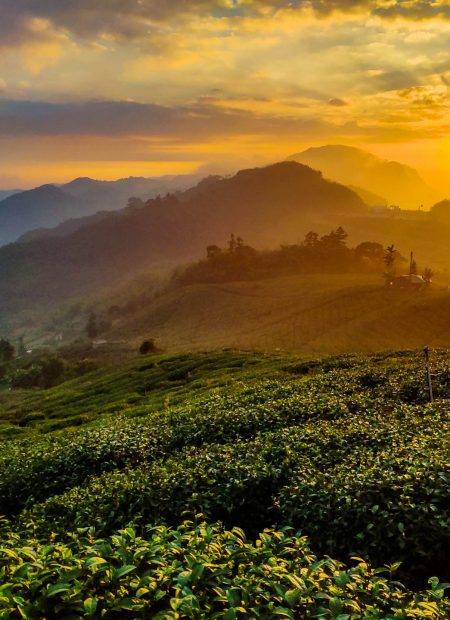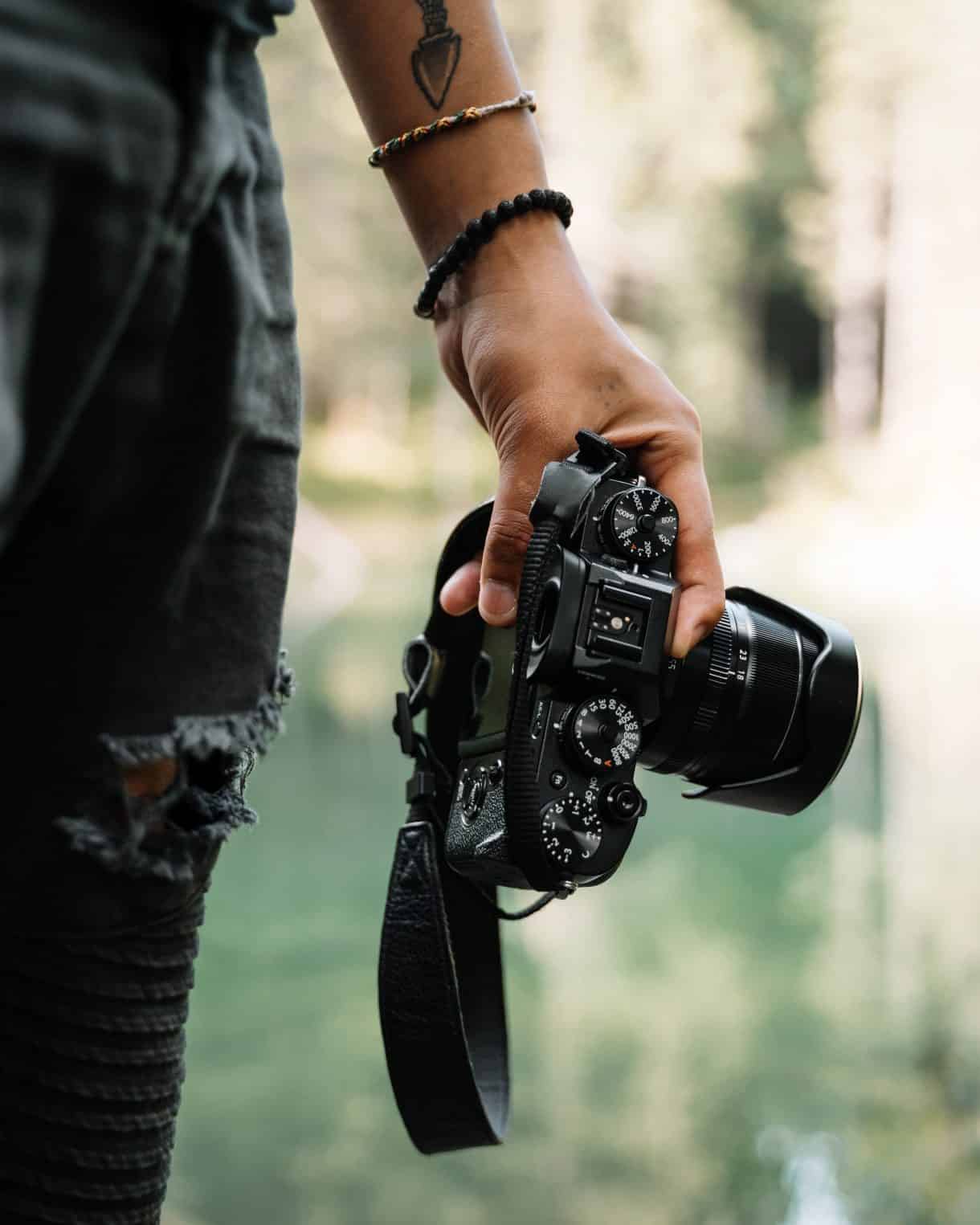
Is your Travel Photography Ethical?
Have you ever thought about how ethical your travel photography is…?
A camera is a powerful tool, a device you can use to preserve a moment in time. But if you’re setting out to explore the lantern-lit lanes of Kyoto’s Gion district, don’t get too snappy happy. Frustrated with culturally insensitive tourists accosting the local Geishas, residents of Gion are now fighting back, with fines of up to Y10,000 (£65) for those who point their camera without permission.
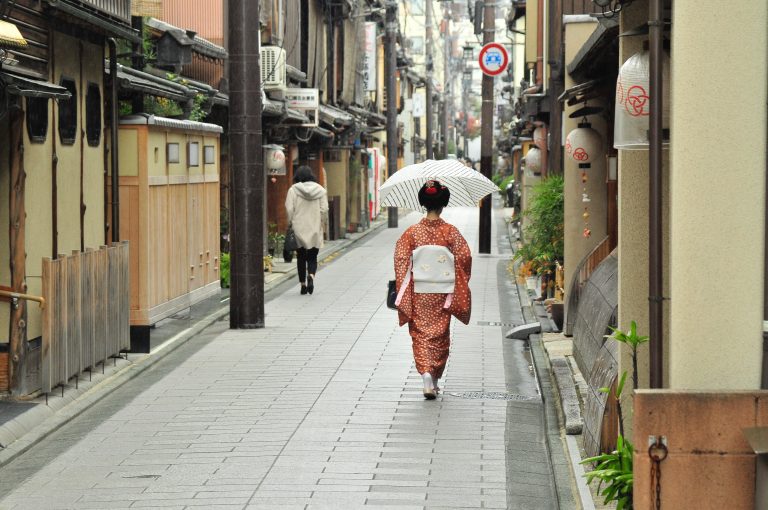
Tourists are inexplicably drawn to Gion, Kyoto. The lantern-lit paved streets and traditional tea houses create the perfect backdrop for visitors looking to delve into the heart of Japan’s cultural capital. This district is well-known as an active hanamachi, a district where Japan’s famous geishas live and work.
But residents are fed up with visitors accosting geishas with no regard for their privacy and dignity. Despite being warned by accommodation providers and a multitude of street signs, tourists are continuing to photograph geishas without permission, some even going so far as to inappropriately grab at their brightly coloured kimonos or ornate hair decoration in an attempt to snap a selfie.
A geisha’s appearance is part of her currency and it is not unexpected that there is widespread objection to this being taken without even a ‘please’ or ‘thank you’ as payment. Kyoto’s tourist authority has previously launched a bilingual app and web page to guide foreign visitors in the social and cultural expectations across this city of culture. But it seems that this hasn’t been enough.
In a final attempt to conserve Gion’s traditional atmosphere, the local tourist authority is issuing a Y10’000 fine to visitors who take photos of geishas without consent. With a marked increase in surveillance across the district, you’d expect to see a change in attitude towards the treatment of Gion’s locals. But threats of a fine don’t seem to be causing tourists to re-think their behaviour.
Locals are becoming overpowered by the sheer influx of visitors; Japan’s Tourism Board estimated that the country was the third most popular destination in Asia. And visitors to Kyoto are often day-trippers on tours and excursions that are indifferent to the attitudes of locals – they simply aren’t attuned to Japan’s culture, traditions, and etiquette. Basic customs and etiquette are often ignored by tourists who can develop a flippant attitude when away from their home country.
Whether this lack of manners is out of genuine ignorance or a blatant disregard for the culture of their destination, we can’t say. It remains unclear where the funds from Gion’s fines will go, but if they were used as a ‘tourist tax’ for the culturally insensitive, we certainly wouldn’t blame them.
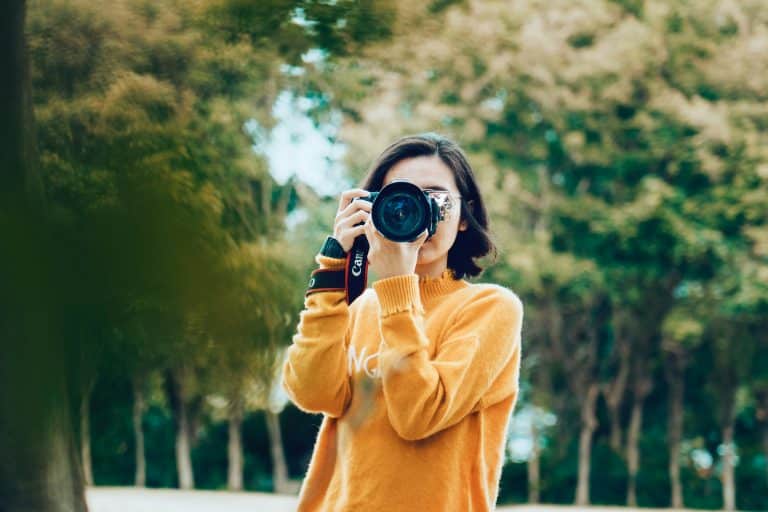
Five ways to take ethical photographs
1.
2.
If in doubt, don’t take the picture. If you’re unsure if your subject has given consent, don’t take the photo! There’ll be plenty more opportunities for photography on your travels, so don’t worry.
3.
Avoid awkwardness. If you have the time, get to know your subject on a personal level. This will make your photography appear more natural. If you feel uncomfortable or awkward taking the photo, your subject probably does too. Trust your gut and don’t do anything that doesn’t feel natural.
4.
Offer to share the photo with your subject. Once you’ve taken the photo, offer to show your subject the screen to make sure they’re happy with it. If you can communicate well, offer to send them the photo. It’s easy to do this in the digital age; many people will jump at the opportunity to have their photo taken and framed professionally.
5.
Don’t break the law. Follow all local rules, laws, and conventions. You may be forbidden to take photos in certain places or situations, such as within religious buildings or ceremonies. Women, children, and private properties are also among common no-no’s. If in doubt, ask!
Follow our daily adventures on Facebook and Instagram
Disclaimer: The information and advice provided in this blog are the author’s opinions and based on their personal experiences. All information was accurate at the time of writing. However, things can change quickly, so always double-check current conditions and guidelines before setting out. Remember, your travels and safety are your own responsibility, and this blog can not be held responsible for anything that might happen on your adventures! Always exercise caution and good judgment. Oh, and don’t forget to get travel insurance! Happy travels!
This post may contain affiliate links (yay for transparency!) This means that I will earn a small commission, at no additional cost to you, if you click the link and choose to buy the product. I only link to stuff I have personally bought and found useful and never endorse crap. Your support helps keep the site going, thank you!
Alice
Alice is a UK travel blogger who advocates sustainable travel and being more eco-conscious on a budget. She loves coffee, her houseplants and summiting mountains.
You May Also Like
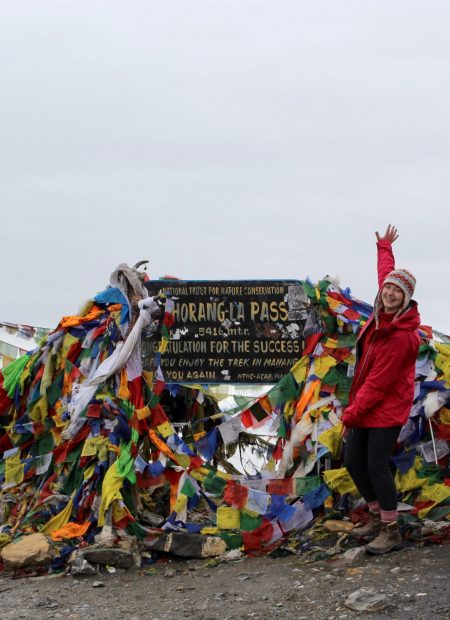
Hiking the Annapurna Circuit in Monsoon Season: the Ultimate Guide [updated 2025]]
July 13, 2018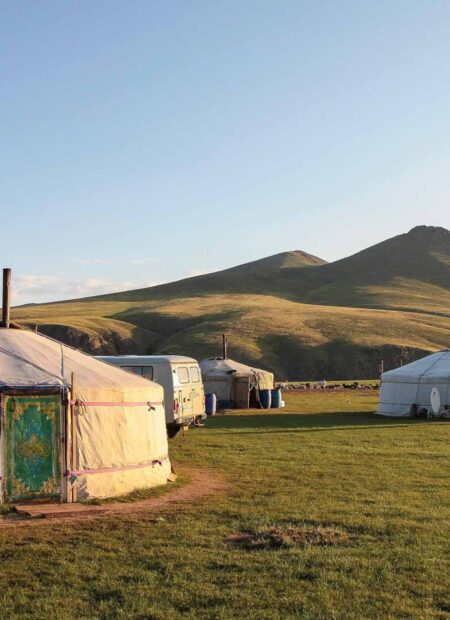
Vegan in Mongolia: How to NOT starve
January 16, 2021